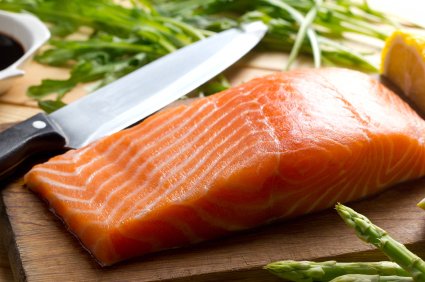News
Top 10 Heart-Healthy Nutrition Tips

More News
-
New!
More

Vail Health and The Steadman Clinic Offer Free Physicals for High School Athletes
Physicals will be offered in both English and Spanish on two dates, May 17 at Battle Mountain High School and May 24 at Eagle Valley High School.
-
New!
More

Good Stress?
“Good stress” sounds like an oxymoron. After all, we’ve always been told stress is bad for our health. However, it’s possible that some stressors can actually be good for us and even enhance our lives.
-
More

Considering Cosmetic Procedures
As we age, our skin loses its elasticity and can leave some feeling less confident in their physical appearance. Cosmetic procedures can empower individuals to enhance their self-esteem and improve their overall quality of life.
